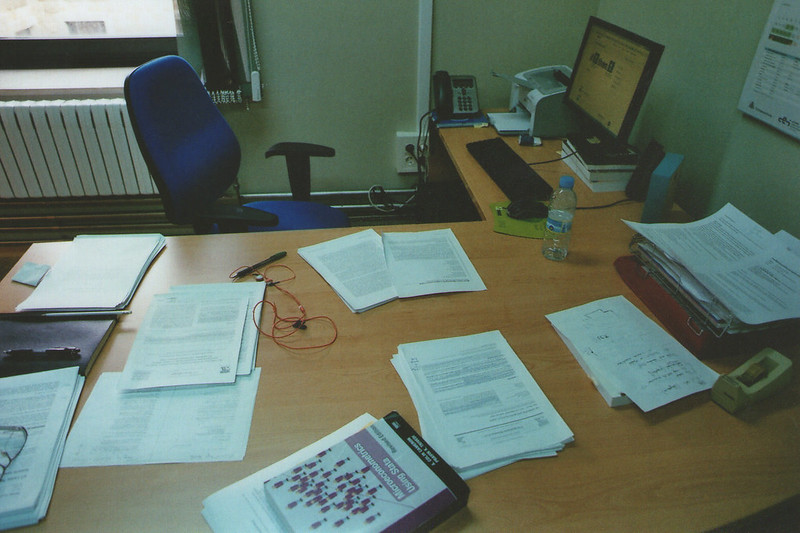
It has been a decade since I successfully defended my PhD thesis. During this time, I’ve experienced many significant life events - I became a father, relocated from Gijón to Madrid (and then back to Gijón following the 2020 pandemic), suffered and recovered from a torn Anterior Cross ligament in my right knee, and transitioned from academia to the industry as a Data Scientist. Throughout these experiences, I’ve worked on numerous projects with varying degrees of success. A question that often comes up is whether pursuing a PhD was worth it, considering I didn't continue in research.
Frankly, it’s hard to say. Many of the skills I developed may have been innate or could have been honed in other industry positions. However, in retrospect, there are certain traits that were undeniably shaped during my PhD journey.
One major attribute that was noticeably absent from my character was patience. Being inherently restless and action-oriented, committing to the long-term goal of earning a PhD forced me to adapt. Whether waiting for data collection permissions or reading extensively to identify gaps in your field - patience is an essential virtue during the research publication process.
Tip
Learning to be comfortable with slow progress is vital when working on strategic initiatives
Alongside this long-term commitment comes an inherent uncertainty in research. Starting a Data Science project is similar to beginning a research paper - you can’t predict if it will yield interesting results. This uncertainty helps develop intuition about what might work and when you might be heading towards a dead end - an invaluable skill for any job.
A significant part of an applied econometrics thesis involves grappling with complex technical concepts while striving to use state-of-the-art techniques. This requires advanced knowledge of maths and statistics and proficiency in Google search but more importantly, it demands consistent study habits and patience (especially during those times when comprehension seems elusive). A decade later, my curiosity and desire to learn new things have only intensified, as demonstrated by my recent exploration into Generative Artificial Intelligence and management.
Tackling the fear of not knowing or feeling utterly incompetent is often the first step towards technical autonomy. This is a sentiment you frequently encounter when delving into a new research topic. It highlights the importance of managing one’s ego, fostering humility, and avoiding the trap of Impostor Syndrome - all crucial for problem-solving, an aspect I thoroughly enjoy about my work.
Earning a PhD involves solving complex problems that require intense focus (the so-called ‘Deep Work’). However, alongside these demanding tasks are smaller, more mundane issues such as navigating bureaucratic paperwork or coordinating logistics for conference attendance. Balancing these ‘shallow work’ tasks with ‘deep work’ challenges is something I grapple with daily, especially since becoming a manager.
Lastly, presenting papers at various conferences taught me about the power of public speaking. Standing in front of seasoned scholars forced me to adopt a Growth mindset - learning quickly from my mistakes. It also revealed how public speaking can attract others to engage with you, which is an excellent way to expand your network.
In conclusion, while it’s difficult to quantify the exact value of pursuing a PhD when not continuing in research, it’s clear that the journey has shaped me in significant ways. From developing patience and intuition to honing technical skills and public speaking abilities - each facet has contributed to my personal and professional growth in its own unique way.